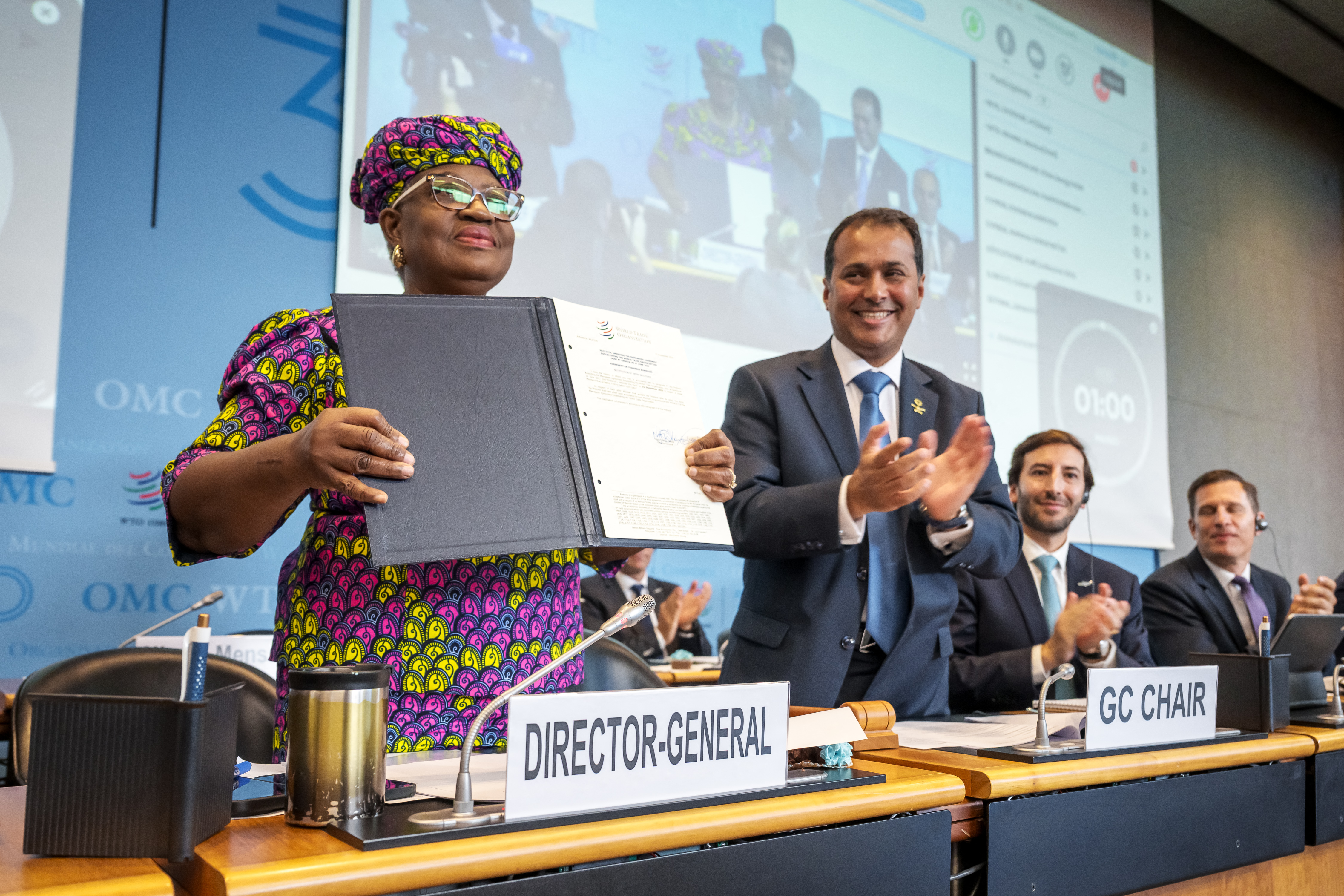
GENEVA - A landmark agreement to curb billions of dollars in subsidies contributing to overfishing came into force on Monday, the World Trade Organization said - a move activists hailed as a step towards helping global fish stocks recover.
It was the first agreement to take effect at the WTO since 2017 after years of stalled debates and infighting on top of, more recently, a surge in US tariffs.
The formal ratification by Brazil, Kenya, Tonga and Vietnam on Monday meant the deal, first agreed in 2022, now had the required support of two thirds of members, a WTO spokesperson said.
Governments are now prohibited from providing subsidies for overfished stocks and for fishing in international waters beyond their jurisdictions. Poorer states will be able to access a fund to help ease them into the deal.
"Fish stocks around the world will have a chance to recover, benefitting local fishers who depend on a healthy ocean," Megan Jungwiwattanaporn from the Pew Charitable Trusts said.
ALSO READ: China formally accepts WTO fisheries subsidies agreement
Governments around the world pay out roughly $35.4 billion annually to their fishing fleets, including fuel handouts that allow them to fish in distant oceans, a 2019 study in Marine Policy showed.
The first part of the agreement that came into force on Monday took more than 20 years of negotiations and will expire in four years if more comprehensive rules are not agreed.
Director-General Ngozi Okonjo-Iweala said in an interview earlier this month that she saw grounds for optimism that the body could either conclude the talks or find a way to stop the first deal from expiring.


